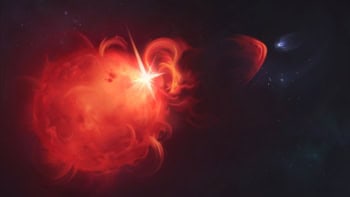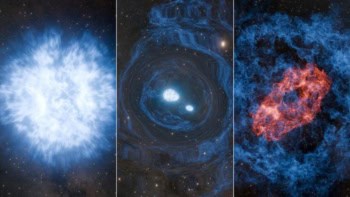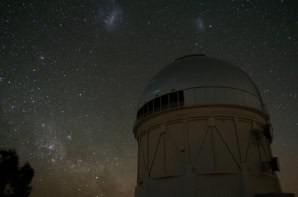References to the planets and the stars are frequent in the plays of William Shakespeare. But who was Shakespeare? Two of the leading candidates are Edward de Vere, the 17th Earl of Oxford, and an actor called William Shakspere. Now Eric Altschuler from the University of California at San Diego has analyzed references to the heavens in the bard's plays and, in a paper submitted to the
The foundation of Altschuler’s argument is that although the plays refer to many astronomical events that occurred before de Vere’s death in 1604 – such as the supernova in 1572 and the Earth’s magnetic field, first proposed in 1600 by William Gilbert – there are no references to any such events after his death. William Shakspere, on the other hand, lived until 1616 – but none of the five plays dated between 1609 and 1613 mention major astronomical events that occurred in 1604, 1609 and 1610. The dating of plays after de Vere’s death does not rule out the possibility that he wrote them: the standard dating for Shakespeare’s plays is based on when they were first performed, not when they were written or published. Indeed, many were not published until 1623 – long after both de Vere and William Shakspere had died.
Altschuler also argues that several of the plays – such as Hamlet and Henry VI Part I – refer to a comet that would have been visible from Britain of 1577, but none refer to Halley’s comet, which would have been visible in 1607. Further evidence comes in the form of references to the strange behaviour of Mars in Henry VI Part I, but the absence of any mention of Kepler’s laws of planetary motion, which were published in 1609, or the invention of the telescope and Galileo’s observations of our nearby planets.



